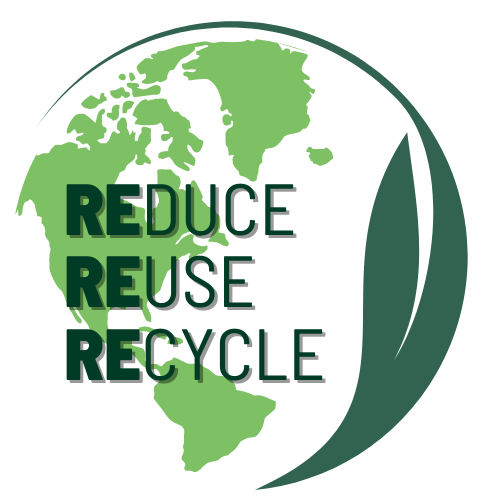Microplastic pollution increases gene exchange in aquatic ecosystems
Microplastic pollution increases gene exchange in aquatic ecosystems
Maria Arias-Andres, Uli Klümper, Keilor Rojas-Jimenez, Hans-Peter Grossart,
Microplastic pollution increases gene exchange in aquatic ecosystems,
Environmental Pollution, Volume 237, 2018, Pages 253-261, ISSN 0269-7491,
Abstract:
Pollution by microplastics in aquatic ecosystems is accumulating at an unprecedented scale, emerging as a new surface for biofilm formation and gene exchange. In this study, we determined the permissiveness of aquatic bacteria towards a model antibiotic resistance plasmid, comparing communities that form biofilms on microplastics vs.
those that are free-living. We used an exogenous and red-fluorescent E. coli donor strain to introduce the green-fluorescent broad-host-range plasmid pKJK5 which encodes for trimethoprim resistance.
We demonstrate an increased frequency of plasmid transfer in bacteria associated with
microplastics compared to bacteria that are free-living or in natural aggregates. Moreover, comparison of communities grown on polycarbonate filters showed that increased gene exchange occurs in a broad range of phylogenetically-diverse bacteria. Our results indicate horizontal gene transfer in this habitat could distinctly affect the ecology of aquatic microbial communities on a global scale. The spread of antibiotic
resistance through microplastics could also have profound consequences for the evolution of aquatic bacteria and poses a neglected hazard for human health.
https://drive.google.com/open?id=1HbX9nqqON579PbGKYNYoE3MFciJLtVix
https://doi.org/10.1016/j.envpol.2018.02.058.(http://www.sciencedirect.com/science/article/pii/S0269749117349990)




